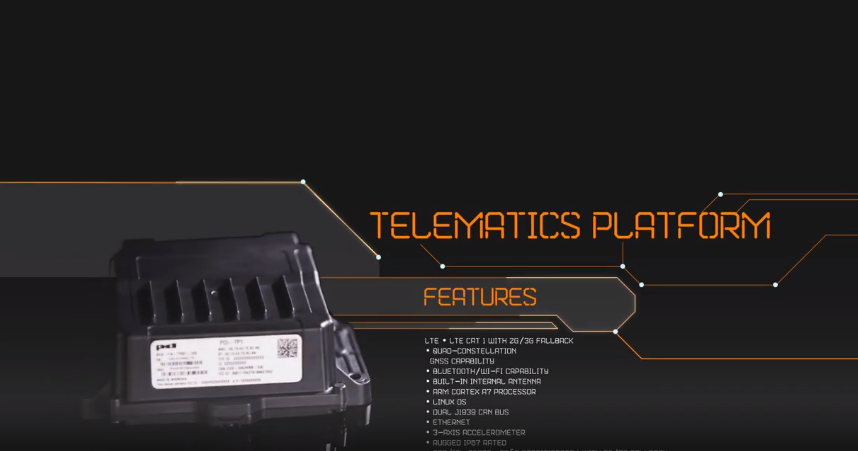
How the Internet of Things (IoT) has shaped Singapore and the Physical World
Singapore has made tremendous strides as the leading Country in electronic manufacturing. Virtually every high-tech gadget that people use globally has parts that have been developed in Singapore. These include Energizer’s iconic batteries, hard disk drives, HP inc’s print heads, and RF filters for the smartphones you use come from this Country. Most of the leading electronic manufacturing has set their base in Singapore. The IoT has impacted the entire world and made it a massive information system. This has changed how businesses are conducted from replacing, recalling, and repairing products. From https://www.pciltd.com/, these are products and innovations that have been made available by the Internet of Things:
Wearable Technology
Wearables have had a significant change, and the traction has grown due to the fitness trend across consumers. According to Cisco Systems, the projected figure for the number of connected wearable devices was expected to reach 1,105 million in 2022. All wearable technology, which includes VR headsets, smartwatches, fitness trackers, and more, are developed in large amounts in Singapore. They generate a large amount of data that many business operations globally have begun to understand their importance, the potential, and the possibilities of applications.
Smart Cars
The global connected cars with the internet were expected to increase by 270% in 2022. Over 125 million passenger vehicles were to be embedded with connectivity and be shipped worldwide. The electronic manufacturing industry in Singapore has taken advantage of this projection and uses the Internet of Things to drive the auto industry by heavily investing in in-app integration, diagnostic & navigation tools, and even the new self-driving vehicles taking over significant roads in bigger cities. Players in the industry are leading and determining the world’s next IoT innovation.
Smarter Homes

According to Verified Market Research, the size of the market share for Global Smart Home was expected to grow faster. It was valued at $98.24 billion back in 2020 and was projected to reach $495.12 billion by 2028. The future is growing because it will become cost-effective, long-range, bright, and lower power costs due to IoT-powered devices, making these changes a reality. Innovators in the market prioritize interoperability with devices to be used from different platforms. The adoption of these systems in smart homes is bearing fruits because, from research conducted by Smart Home Technology Survey, most people who have purchased smart home devices for the first time attest they will continue to buy many more.
Transform Business Operation
The adoption of IoT in business brings new possibilities and impacts how business is run. It has helped in inventory management and improved consumer demands for business goods and services. The IoT support is also creating a shorter buying cycle that helps businesses meet consumer expectations and get immediate gratification. The large volume of data that businesses generate from devices integrated with IoT helps them know which areas to improve and what to innovate to have a more significant impact in the market. This program also helps in the integration of the business functions and operations. Therefore, workers can work remotely and not necessarily report on-site to complete their tasks.
Undoubtedly, the Internet of Things is bringing a competitive advantage to businesses. Depending on its size, every company needs to figure out the implication the Internet of Things will mean to them and choose options that add value to their operation.
